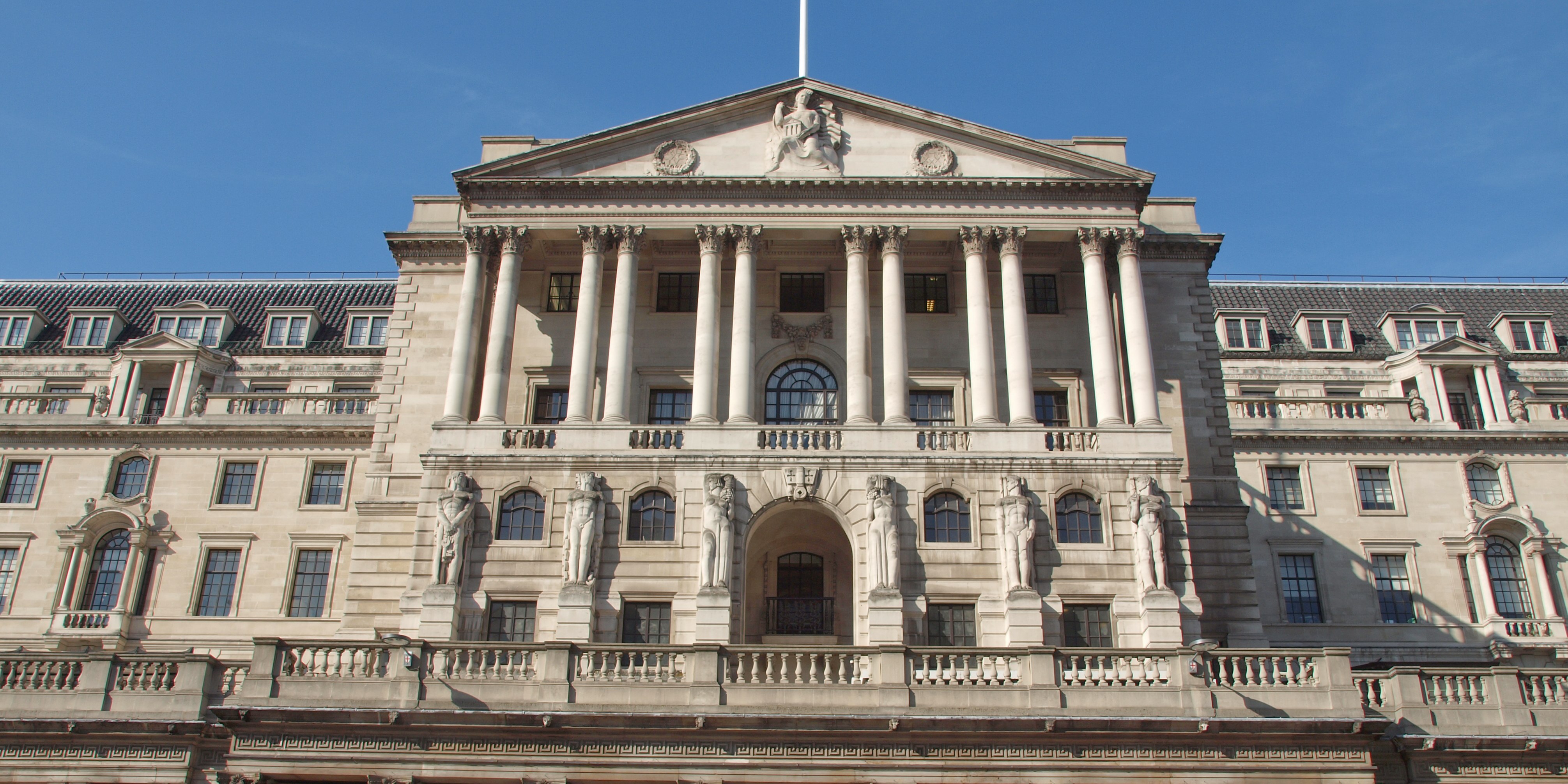
The UK property market has been one of the shining lights in Europe during the difficult economic years since the 2008 recession. Even the Brexit vote last year failed to derail the UK property market although there are signs of consolidation in some areas of the country. London has been particularly hard-hit after the Brexit vote amidst concerns about the financial sector and London’s standing on the worldwide stage. However, despite some short-term concern about the Brexit negotiations the Bank of England is looking to increase UK base rates in the short term.
Inflation, inflation, inflation
UK inflation recently hit a four-year high of 2.9% in May which is believed to be the reason why more MPC members are looking towards an increase in base rates in the short term. The indications are that the last MPC meeting was very close to increasing base rates with just a couple of votes required. In reality nobody expects inflation to remain at around 2.9% as it is forecast to drop below 2% towards the end of this year. However, we may see an increase in base rates in order to assist a fall in inflation at least in the short term.
Quantitative easing
The Bank of England did for some time help to support money market liquidity by introducing quantitative easing which effectively meant the Bank of England acquiring assets in exchange for liquidity. This week there was an indication from the Bank of England that the assets which were acquired will be slowly sold back into the market thereby returning monetary markets to their own devices. This would in effect be a return to a “free market” upon which the UK economy and money markets are based.
This all sounds very matter-of-fact and fairly easy but it is an extremely difficult balancing act to know when to increase base rates. The issue of liquidating assets acquired via the quantitative easing programme will also need to be well managed in order to maintain liquidity and confidence in worldwide money markets.
UK base rates and the cost of mortgages
As UK base rates begin to move higher this will impact UK mortgage rates which have been at historic lows for some time now. There will still be competition, which should keep mortgage providers on their toes, but eventually mortgage rates will begin to tick higher. Those looking to acquire property in the short to medium term will be able to budget on the expected mortgage rate rise but those who have acquired property over the last few years may have to re-budget.
Even though the UK government introduced an array of new regulations aimed at bringing to an end dangerous lending in the mortgage market, we have seen signs of more ambitious mortgage packages over the last couple of years. There is no suggestion that mortgage providers are “breaking the regulations” but many people will have stretched their finances to the limit on historically low mortgage rates. As a consequence, when interest rates tick higher and mortgage rates follow suit they will see a significant increase in their interest payments.
An increase in interest rates will control inflation, potentially stunt economic growth in the short term, increase the cost of mortgage finance and limit growth in household incomes. Not a good sign for those who stretched themselves to the limit on low mortgage rates.

